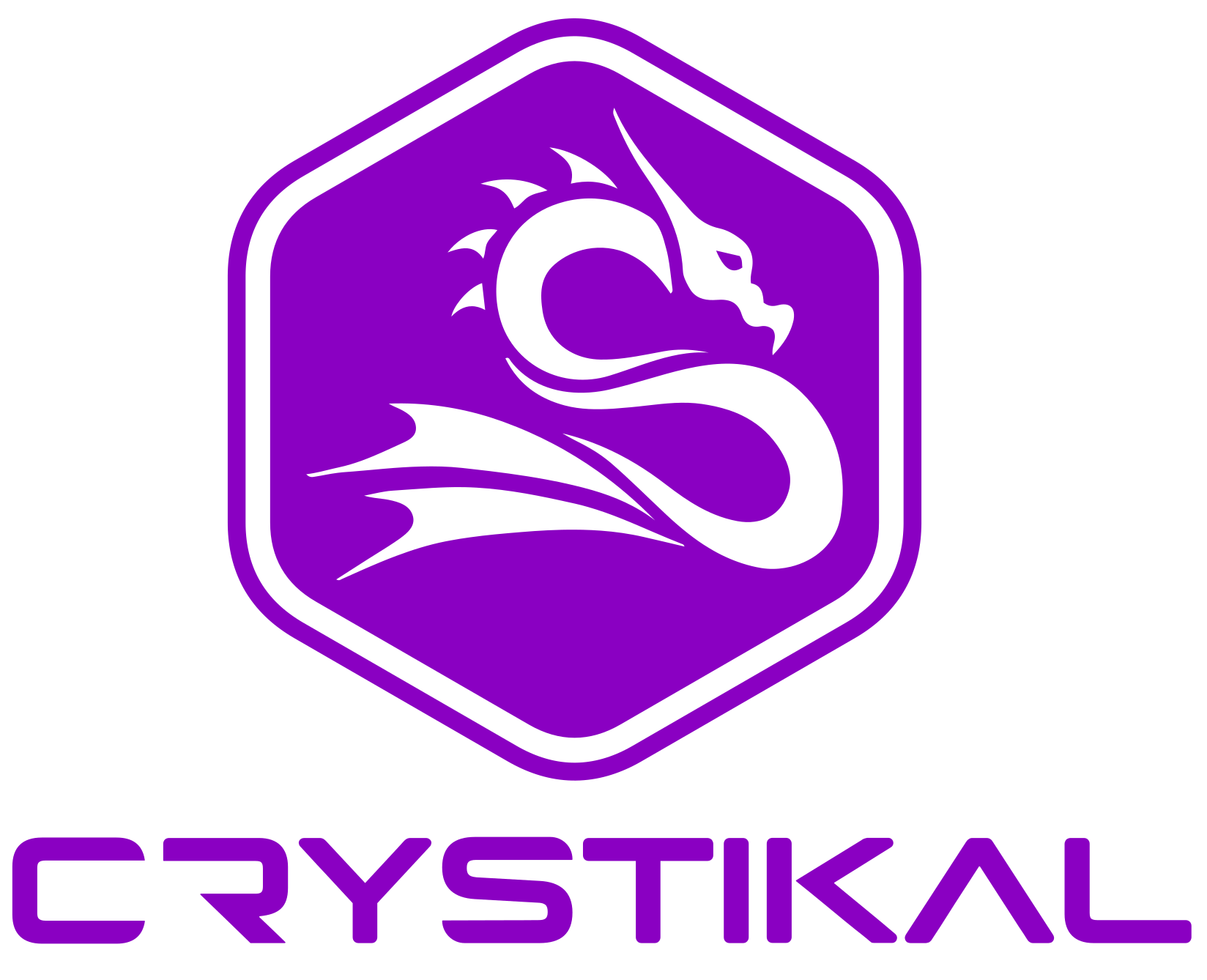Analyze the complex moral code of Doctor Doom and why he sees himself as a hero despite his villainous deeds.

Doctor Doom, also known as Victor von Doom, is often regarded as Marvel Comics’ greatest villain. Yet, Doom does not see himself as a villain; in his eyes, he is a hero, a savior who must impose his will on a chaotic world to bring about order and peace. This twisted sense of morality is what makes Doom such a compelling character. He is not a villain driven by mere greed or malice, but by a complex, albeit warped, code of ethics that he believes justifies his actions.
Doom’s Vision of a Perfect World
At the heart of Doom’s moral code is his belief in the necessity of order. Doom sees the world as fundamentally broken, plagued by chaos, incompetence, and corruption. He views himself as the only person capable of fixing it, believing that his intelligence, strength, and willpower uniquely qualify him to rule. Doom genuinely believes that under his rule, the world would be a better place—free from war, poverty, and suffering. To him, the ends always justify the means, no matter how ruthless those means may be.
Doom’s vision of a utopia is exemplified in his rule over Latveria, the fictional Eastern European country where he is the absolute monarch. Under his iron-fisted rule, Latveria is a nation without crime, where the citizens live in relative peace and prosperity. However, this peace comes at the cost of freedom. Doom demands absolute loyalty and obedience, crushing any dissent with brutal efficiency. In his mind, the sacrifice of personal freedoms is a small price to pay for the greater good of society. This belief is central to his twisted morality: individual rights are secondary to the collective order he seeks to impose.
The Noble Villain: Doom’s Self-Perception
Doom does not see himself as a tyrant, but rather as a noble leader, burdened with the responsibility of saving the world from itself. This self-perception is crucial to understanding his actions. Doom is often driven by what he perceives as noble motives. He believes he is above petty emotions like jealousy or greed; instead, he sees his actions as necessary steps toward achieving a higher purpose. His hatred for Reed Richards, the leader of the Fantastic Four, stems not from envy, but from a deep-seated belief that Richards is the only one who might challenge Doom’s vision of a perfect world.
This belief in his own nobility is also why Doom often spares his enemies or offers them opportunities to join him. He views himself as a magnanimous ruler, willing to forgive those who recognize his superiority and align themselves with his cause. However, when this offer is refused, Doom’s retribution is swift and merciless, as he sees any opposition as a threat to the greater good.
Doom’s Flawed Morality: The Tragic Irony
The tragic irony of Doctor Doom is that his moral code, while deeply flawed, is not entirely without merit. His desire to create a better world is genuine, but his methods are deeply misguided. Doom’s morality is twisted by his overwhelming ego and his inability to see beyond his own perspective. He is so convinced of his own righteousness that he cannot recognize the harm he causes. This blindness to his own flaws is what ultimately prevents him from being the hero he believes himself to be.
In the end, Doom’s morality is a cautionary tale about the dangers of absolute power and the corruption that comes with it. While Doom sees himself as a hero, his actions reveal the dark side of his character—a man who, in his quest to save the world, becomes its greatest threat. His complex moral code makes him one of the most fascinating and enduring villains in comic book history, embodying the fine line between heroism and villainy.

